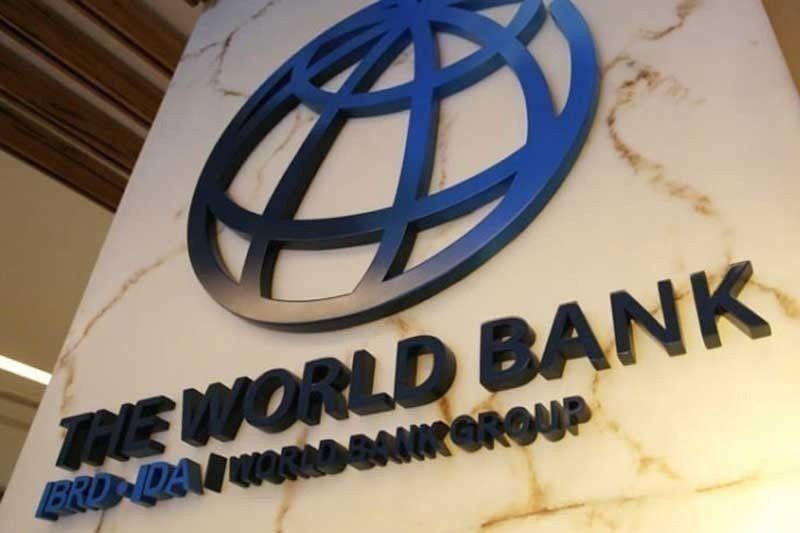World Bank: Heightened efforts needed vs poverty

MANILA, Philippines — The World Bank is urging its member countries, particularly developing economies, to increase efforts on alleviating poverty and preventing erosion of human capital.
In a speech at the 2020 Annual Meetings Plenary as part of the ongoing International Monetary Fund/World Bank Group 2020 Virtual Annual Meetings, World Bank president David Malpass said while developments point to shallower recessions in advanced economies and a robust rebound in China, recessions are deeper in emerging and developing economies and recoveries are delayed.
“We need to redouble efforts to alleviate poverty and inequality. COVID-19 has dealt an unprecedented setback to the global effort to end extreme poverty, raise median incomes, and create shared prosperity,” Malpass said.
The World Bank’s new poverty projections suggest that by 2021 an additional 110 to 150 million people worldwide will have fallen into extreme poverty, living on less than $1.90 per day, many of them in poor and developing countries.
“COVID-19 and its associated economic crisis, compounded by the effects of armed conflict and climate changes, are reversing hard-won gains in poverty reduction, ending more than two decades of continuous progress,” said Malpass.
Many poor and developing countries also struggle with loss of human capital as education and employment are delayed because of the continued closure of schools and businesses.
Malpass noted that due to the outbreak, more than 1.6 billion children in developing countries have been out of school, implying a potential loss of as much as $10 trillion in lifetime earnings for these students.
“Second, we need to take note of the loss of human capital underway and what can be done to restore it. Before the pandemic, developing countries were making significant progress and, notably, starting to close gender gaps,” he said.
“These setbacks imply a long-term hit to productivity, income growth and social cohesion – which is why we’re doing everything we can to bolster health and education in developing countries.”
Poverty in the country can be expected to worsen by next year as the jobs and livelihood of more people in urban areas are affected by the prolonged lockdown, according to government estimates.
Acting Socioeconomic Planning Secretary Karl Chua told a Senate finance committee hearing last month that poverty incidence in the country is forecast to settle at a range of between 15.5 percent and 17.5 percent next year, when the next Family Income and Expenditure Survey (FIES) will be conducted.
Results of the 2018 FIES showed that poverty incidence fell to 16.6 percent in 2018 from the revised 23.3 percent in 2015. This means some six million Filipinos were lifted out of poverty during this time.
This pertains to the proportion of Filipinos whose per capita income is not enough to meet basic food and non-food needs.
In turn, this translates to 17.6 million Filipinos living below the poverty threshold of P10,727 monthly for a family of five in 2018, the minimum income needed to satisfy basic food and non-food needs.
Before the pandemic, the Duterte administration targeted to bring down the poverty incidence to only 14.
percent of the population but Chua said this target may have to be revisited because of the economic fallout from the health crisis.
The government has so far responded to the health crisis via direct cash transfers to low-income households and wage subsidies to distressed businesses during the initial imposition of lockdowns.
Last month, President Duterte signed the Bayanihan 2 law, a P165-billion stimulus act to inject liquidity into businesses, extend social assistance, and strengthenen the health system, among others.
- Latest
- Trending






























